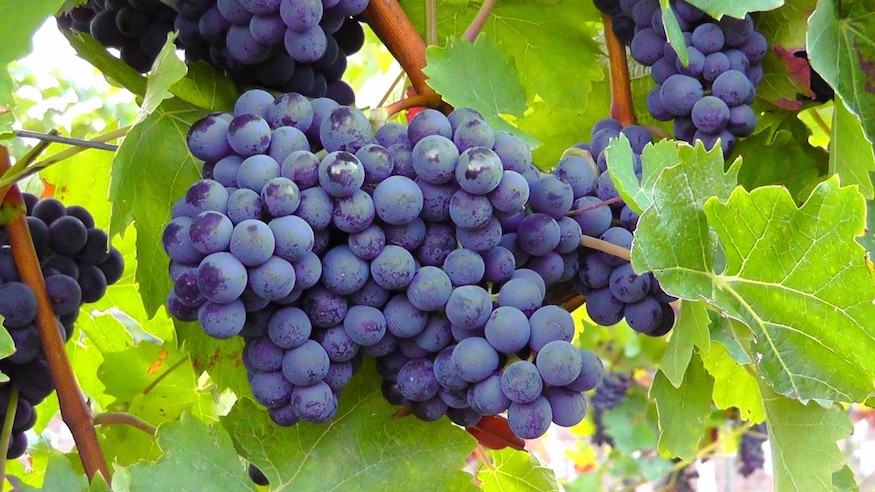The Fruit of the Vine
In the night in which the Lord was betrayed, He took bread (1 Corinthians 11:23). The gospels tell that Jesus celebrated Passover with His disciples that night. The Passover meal is celebrated according to a specific order (Hebrew: seder). Therefore, in Jewish tradition, it is also called the seder meal. Although the order has undergone many changes and elaborations during the centuries, the basic structure goes back to the time of the Second Temple. It is no surprise, then, that we find reflections of that order in the accounts of Jesus’ last supper. Most notably, the celebration is opened with a cup of wine, and another three cups of wine will follow in the course of the celebration. Matzah, unleavened bread, is broken and eaten. And the celebration concludes with a ‘hymn’ – in two parts: Psalms 113 and 114 are sung before the grace after the meal and Psalms 115-118 and 136 after the grace.
“Why does He say: fruit of the vine, and not simply: wine?”
So even on the last evening before His trial, Jesus consciously and fully participated in the Jewish life of His time. Even Jesus’ words to His disciples at the table hint to His Jewish practice, e.g. when He says to them: “I will not drink of this fruit of the vine from now on until that day when I drink it new with you in My Father’s kingdom.” (Matthew 26:29). Why does He say: fruit of the vine, and not simply: wine? We find the answer in the traditional Jewish blessing over the wine: “Blessed are You, Lord our God, King of the Universe, Who creates the fruit of the vine.” Wine is the essential beverage in ancient Israel, a symbol of joy and blessing and therefore receives a special blessing.
When we celebrate the Lord’s supper, we should bear this in mind. Wine and bread not only unite us with the Lord but also connect us to His people, Israel.




